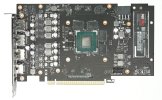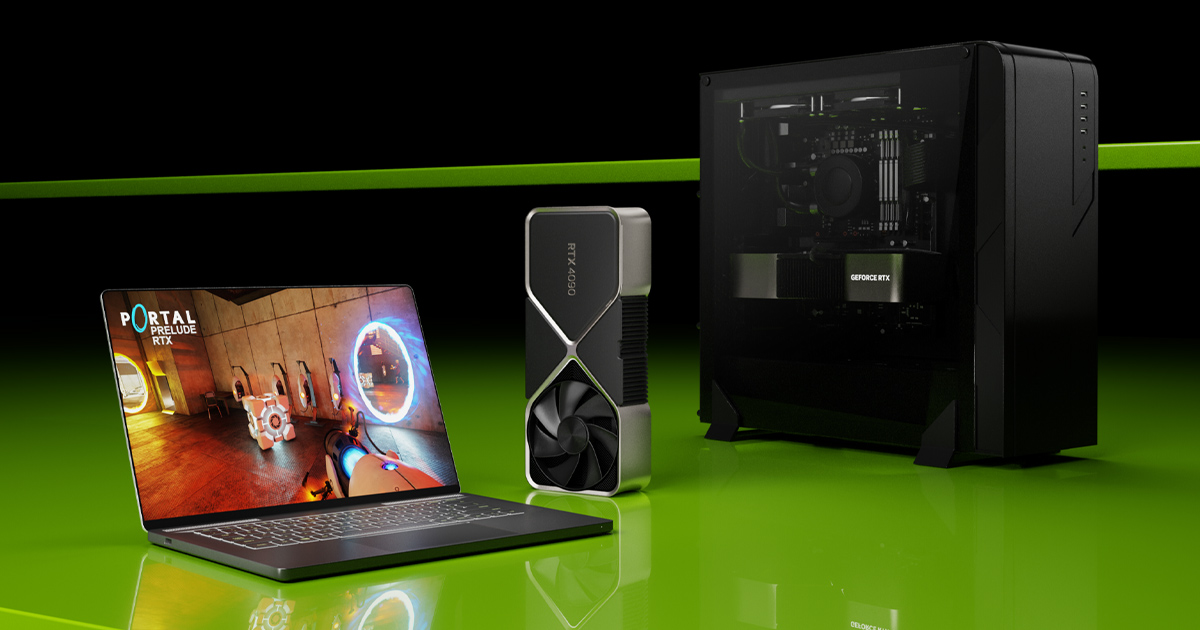Silent_Buddha
Legend
Considering how much the CPU gets hammered in TLOU and Spiderman I think it would be very beneficial on PC.
Also having it built in to the CPU would mean every piece of software could take advantage of it and not just games.
You keep forgetting that most people buying a Ryzen CPU aren't using it for gaming. With silicon real estate being such a precious commodity it doesn't make sense to include it in a general purpose CPU.
What you should be looking for is if any outside party asks for a semi custom CPU/APU from AMD and includes a similar decompression block. For example, someone like Asus releasing the Z1 based gaming handhelds. Or perhaps Steam. If even they choose not to include something like that, then it's because they don't believe the benefit outweights the cost of implementation in silicon, IE the silicon area could be better used for other things to accelerate gaming ... like more GPU cores.
Regards,
SB





